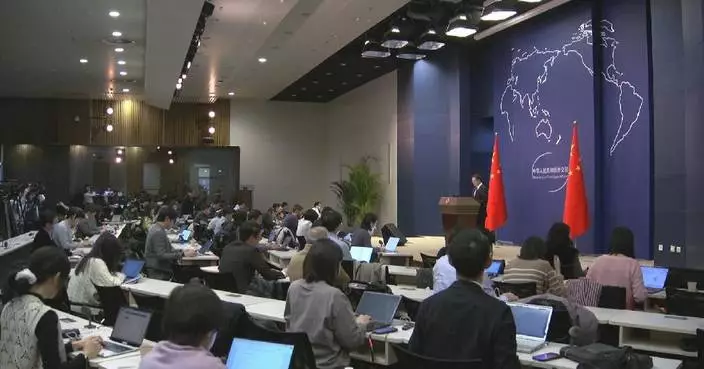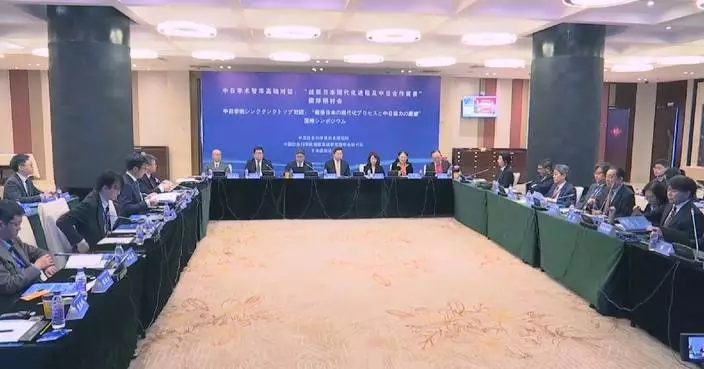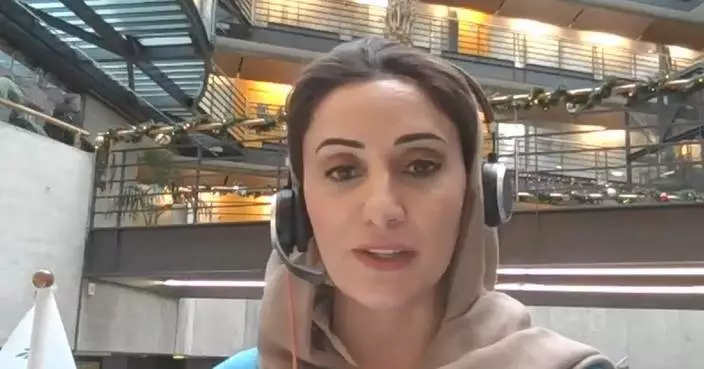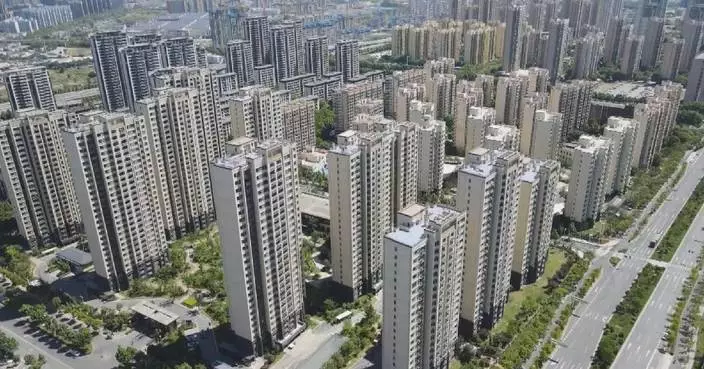China's property and stock markets made positive progresses in November, driven by the sustained effects of a series of incremental measures, said an official with the National Bureau of Statistics (NBS) at a press conference in Beijing on Monday.
Chinese authorities pledged in late September to reverse the property market downturn and stabilize the sector. Since then, the country has rolled out a slew of measures to prop up the market, including cutting mortgage rates, lowering down payment ratios and relaxing purchase restrictions.
In terms of the capital market, China has made headway in the utilization of its first monetary policy tool -- the Securities, Funds and Insurance companies Swap Facility (SFISF) program, to support market development.
With an initial scale of 500 billion yuan (about 70.04 billion U.S. dollars), the SFISF program allows eligible companies to use their less liquid assets as collateral in exchange for highly liquid assets such as treasury bonds and central bank bills. Through this tool, they can secure funds from the market for investment in the stock market.
"Driven by policies aimed at stabilizing the property market and boosting the capital market, notable improvements were observed in these sectors in October. Positive factors continued to accumulate in November, posting upbeat market transactions. In November, both the sales area and sales revenue of newly built commercial housing showed positive growth. Major cities have seen prominent improvement in housing sales. Meanwhile, stock trading activities became more active, with the trading volume and turnover value on the Shanghai and Shenzhen stock exchanges both increasing by approximately 1.1 times year on year," said Fu Linghui, spokesman of the NBS.
The decline in the prices of commercial residential homes in China's 70 large and medium-sized cities narrowed on a year-on-year basis in November, data from the NBS showed on Monday.
In the four first-tier cities -- Beijing, Shanghai, Guangzhou and Shenzhen -- new home prices dropped 4.3 percent year on year, a decline narrowing 0.3 percentage points from October.
Notably, Shanghai, China's economic hub, saw a 5 percent increase in new home prices last month, the NBS said.
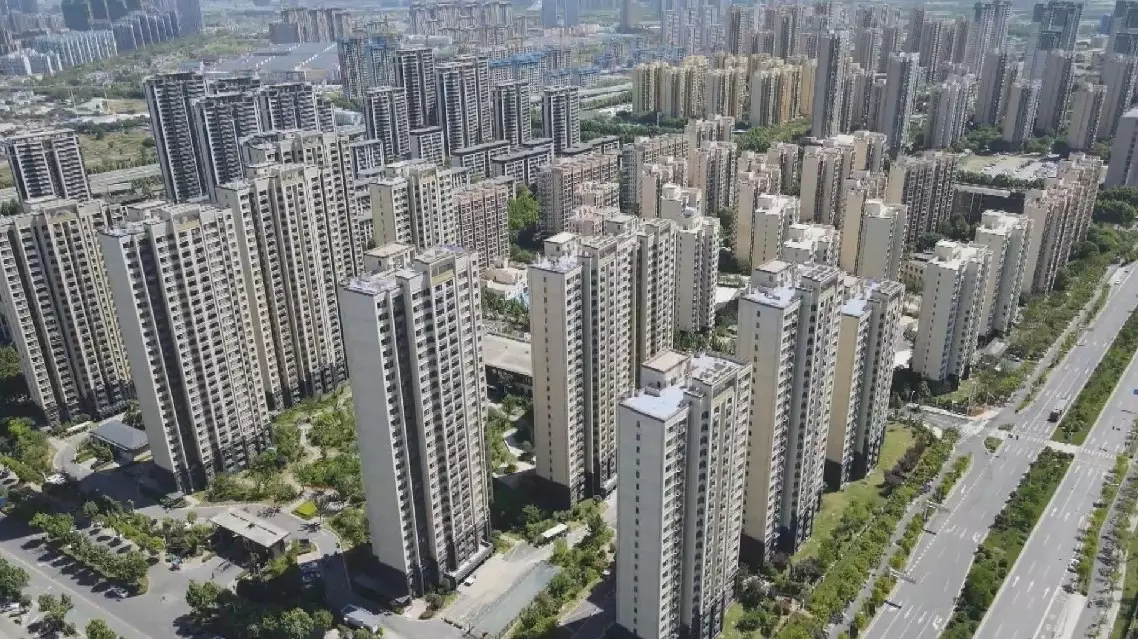
China's property, stock markets see prominent improvement, transactions: official
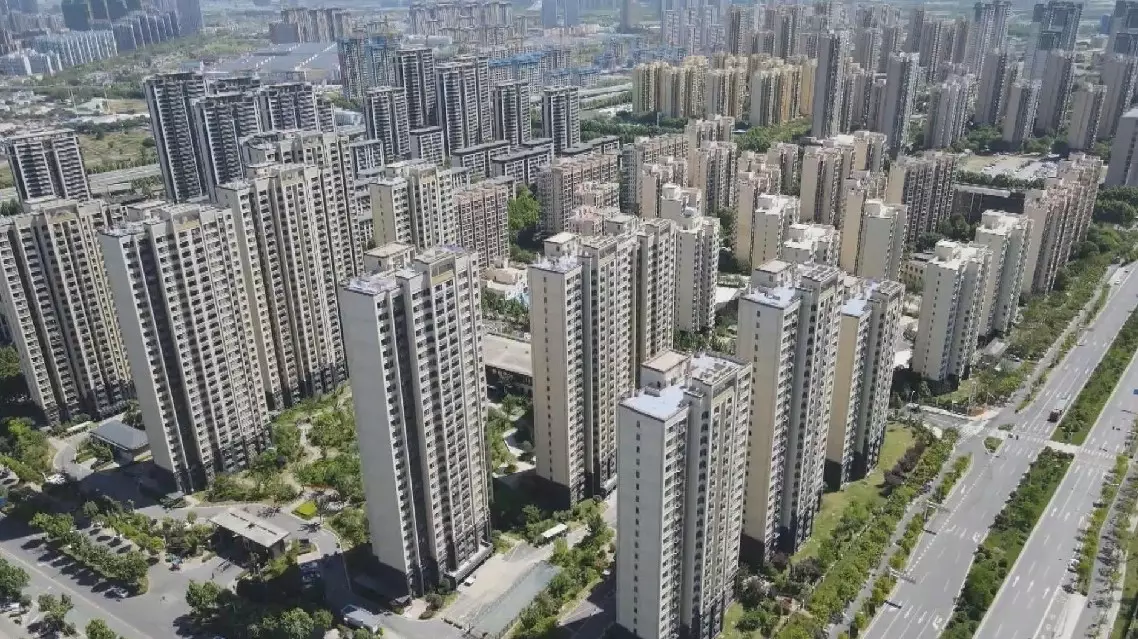
China's property, stock markets see prominent improvement, transactions: official
High-level support from the Chinese central government within the framework of "one country, two systems" principle secures the stability and development of the Macao Special Administrative Region (SAR), said Chief Executive Ho Iat Seng.
Ho made the statement in an interview with China Global Television Network (CGTN) on an occasion that Macao will celebrate the 25th anniversary of its return to the motherland on Dec 20.
Ho said support from the central government and connectivity with the mainland have helped Macao go through the most difficult time during the outbreak of the COVID-19 pandemic.
"I have been in office for five years now. Soon after taking office, the epidemic [COVID-19 pandemic] broke out. We acted quickly and established an effective prevention and control mechanism. We have strengthened cooperation with the mainland. We have withstood the most severe impact since the reunification [Macao's return to China in 1999], but thanks to the high-level support for 'one country, two systems', strong support from the central government, Macao has maintained stability and development," Ho said.
"In the first three years of administration during the pandemic, the work on the economy and people's livelihood could not stop. We used this time to vigorously promote infrastructure development and make up for some shortcomings. We strengthened connectivity with the mainland and other places to prepare for all customs circulation in Macao," said the chief executive.
Ho said that during his five-year administration, the SAR government has taken multiple measures to improve the people's livelihood and support the region's economic development.
"In addition, the government of Macao have maintained sound fiscal reserves, providing a strong guarantee for infrastructure construction and livelihood projects. During the epidemic, the Macao government did not reduce any welfare input for the people, but increased it. On housing, the SAR Government has made great efforts to provide economic housing and social housing to those in need. We have also introduced a policy of free healthcare and education. The SAR Government continues to implement the cash sharing scheme. If members of the public or enterprises have difficulties, the SAR Government will certainly provide support, especially for small and medium-sized enterprises," Ho said.
Sam Hou Fai was elected by an overwhelming majority as the sixth-term chief executive designate of Macao SAR in October. Ho said the past five years have laid a solid foundation for the new administration.
"After five years of hard work, despite a large amount of infrastructure and social welfare spending, the current SAR government still has a fiscal surplus of 50 billion to 60 billion Macao dollars (6.24 billion to 7.49 billion U.S. dollars) to be handed over to the next SAR Government, and there are no domestic and foreign debts, not a single cent of bonds have been issued, and no payments are owed to construction companies for infrastructure projects. Our government's financial resources are sound, which has also created vital conditions for the steady and long-term implementation of 'one country, two systems' in Macao," he said.
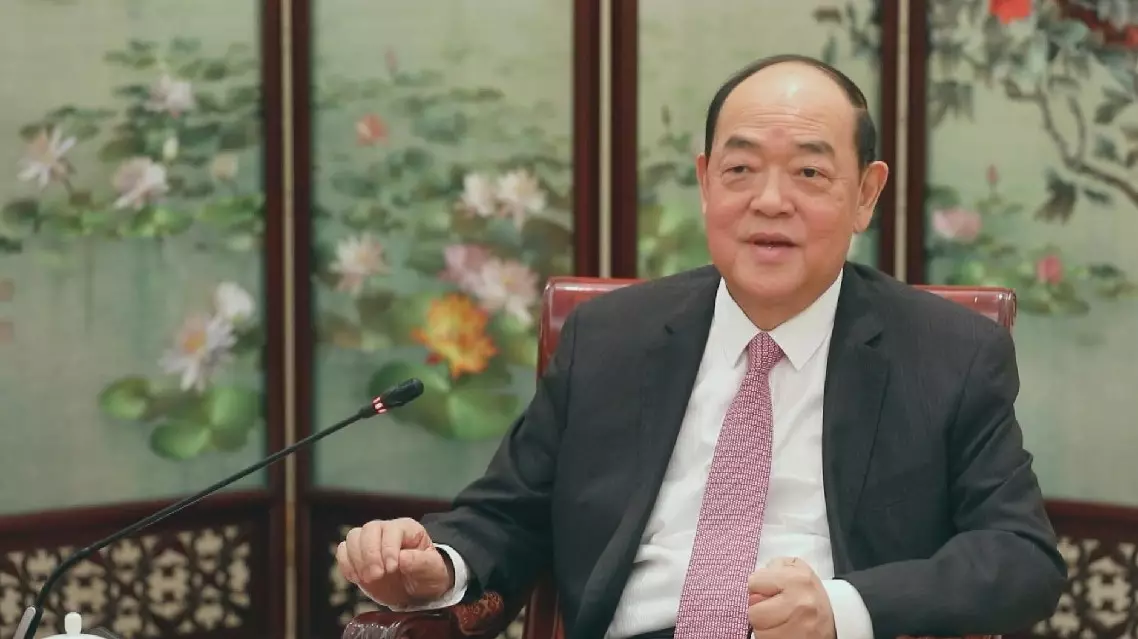
Central government's support secures stability, development of Macao SAR: chief executive







